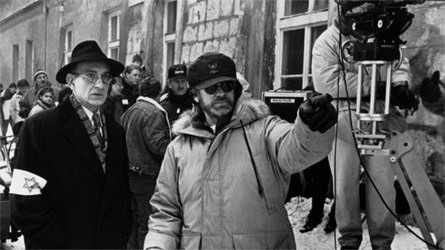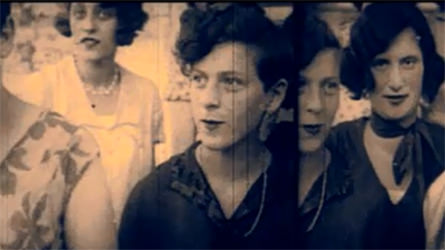1995
Opening Our Doors
+ READ MORE
Steven Spielberg decided to launch RPF while directing the Academy Award-winning film Schindler’s List. His vision was twofold: to recover and make accessible Jewish stories from the past, and to help build a contemporary Jewish community predicated on meaning, joy, and a responsibility to help repair our world. Spielberg initially funded the foundation with his portion of the profits from Schindler’s List. He later designated profits from his films Munich and Lincoln to the foundation as well.
















